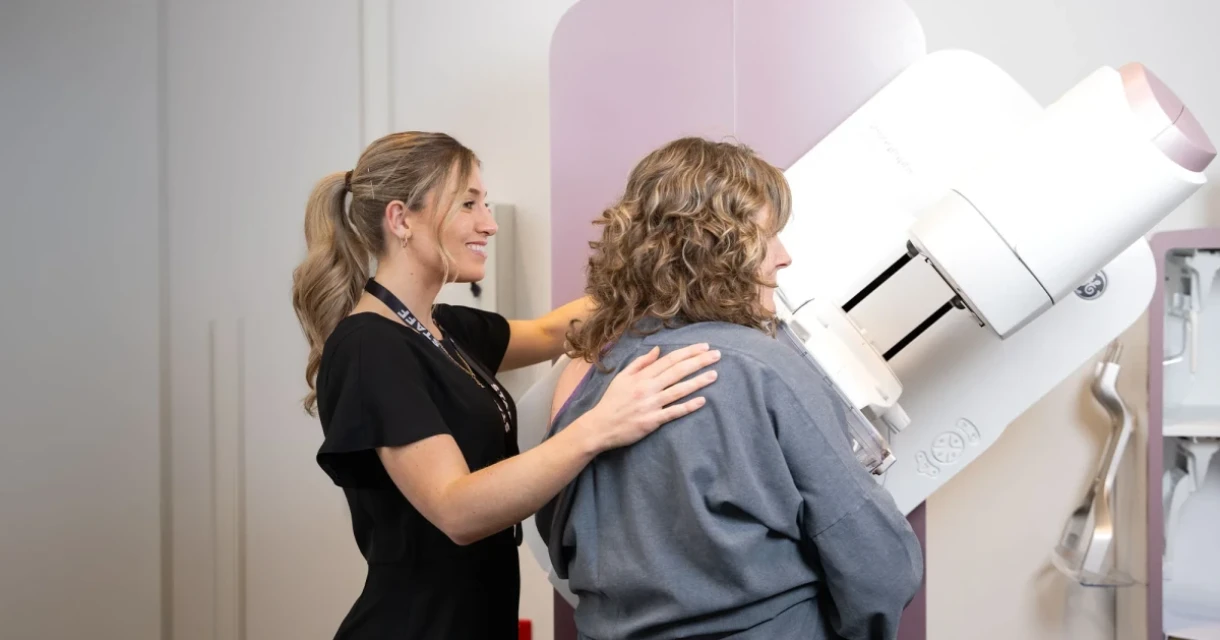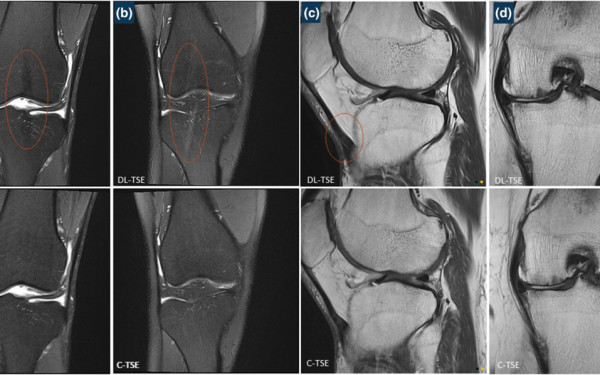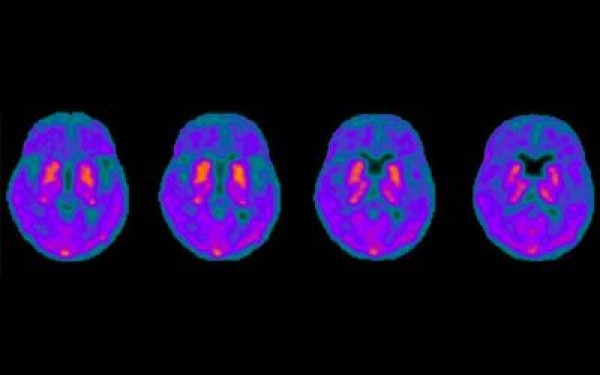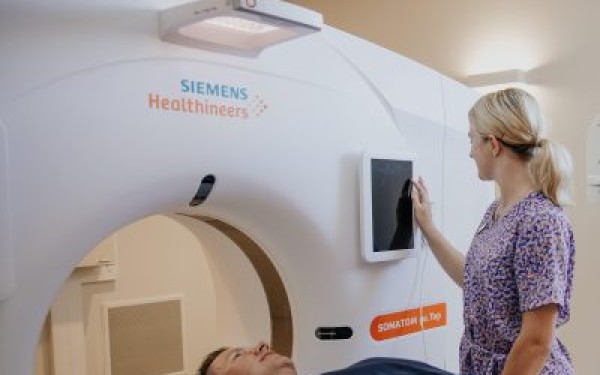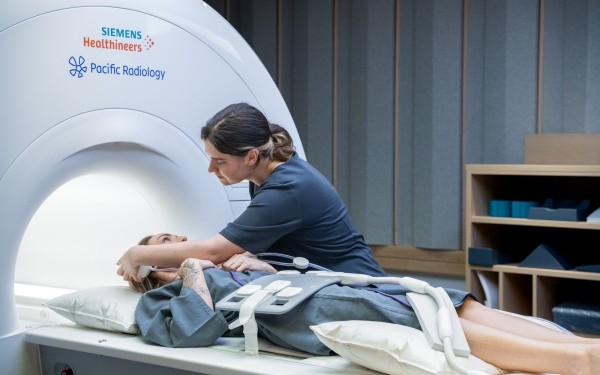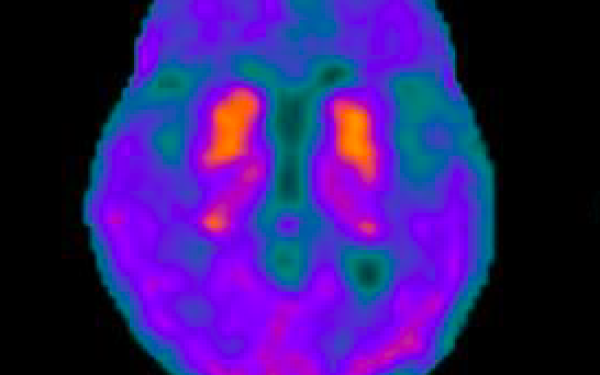October is Breast Cancer Awareness Month - a time to highlight the life-saving importance of early detection and empower women with the knowledge they need to make informed decisions about their breast health. One key factor that can influence how early breast cancer is detected is breast density.
What is breast density?
Breast density refers to the relative amount of glandular and connective tissue compared to fat, as seen on a mammogram.
It’s classified into four categories using the American College of Radiology’s BI-RADS® system: ranging from almost entirely fatty (Category A) to extremely dense (Category D) – as shown in the graphic below.
(Image: Breast Density Explained – Volpara Health)
*The star in the images represents how cancer may be hidden on a mammogram and highlights why additional imaging may be needed for women with dense breasts.
Dense breast tissue (BI-RADS category C and D) appears white on a mammogram, similar to malignancies, making early detection of breast cancer more challenging.
Women with dense breasts face two challenges
-
Reduced diagnostic sensitivity: Mammograms are less effective at detecting cancer in dense breasts, particularly in Category C and D.
-
Increased cancer risk: Women with dense breasts have a higher risk (1.2–4×) of developing breast cancer compared to women with less dense tissue.
How supplementary imaging can help
At Pacific Radiology, we offer a range of advanced breast imaging services designed to improve early detection and provide greater clarity, especially for those with Category C and D breast density.
Breast screening recommendations based on breast density
|
BI-RADS Category A and B |
Mammogram or tomosynthesis (a three-dimensional (3D) mammogram). |
|
BI-RADS Category C |
Tomosynthesis. If you have extra risk factors (such as family history or personal history of breast cancer), consider adding:
|
|
BI-RADS Category D |
Tomosynthesis and in addition:
|
Risk assessment
Breast density should be evaluated in conjunction with other risk factors such as:
-
Family history and genetics (e.g. BRCA mutations)
-
Menstrual and reproductive history
-
BMI and lifestyle factors (e.g. alcohol intake, smoking)
A comprehensive risk assessment helps guide decisions around the need for supplementary screening and frequency.
What can you do - this month and beyond?
-
Ask your GP about your breast density after your next mammogram.
-
Book a screening if you’re due - or overdue.
-
Talk to us about the best imaging options for your individual risk profile.
Did you know we’re part of the BreastScreen Aotearoa programme, offering free screening mammograms for eligible women aged 45–74.
Your breast health, our priority
At Pacific Radiology, we’re committed to providing expert breast imaging services across New Zealand. Whether it’s your first mammogram or you need advanced diagnostic imaging, we’re here to support you every step of the way.
Learn more about our full range of breast screening services.
